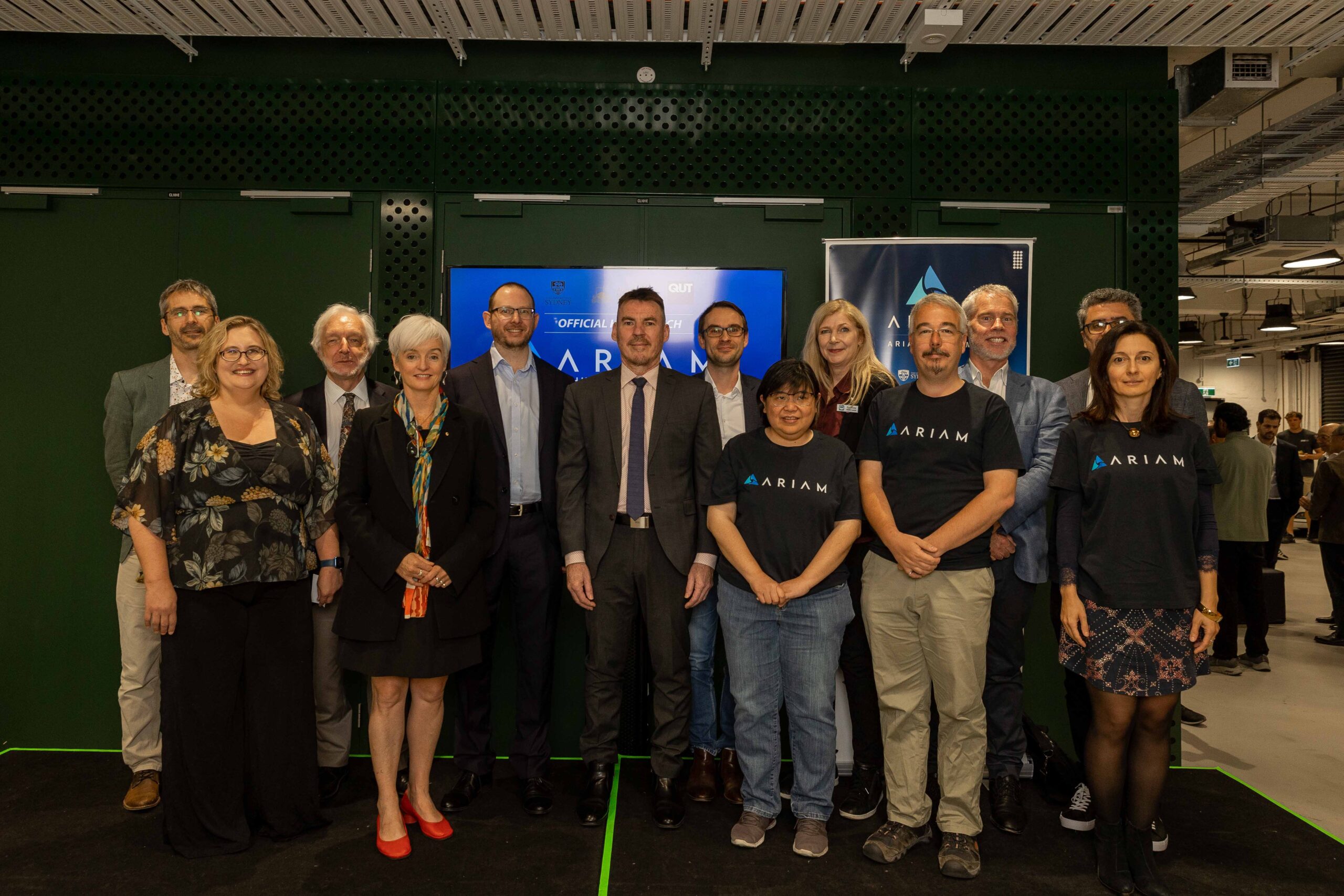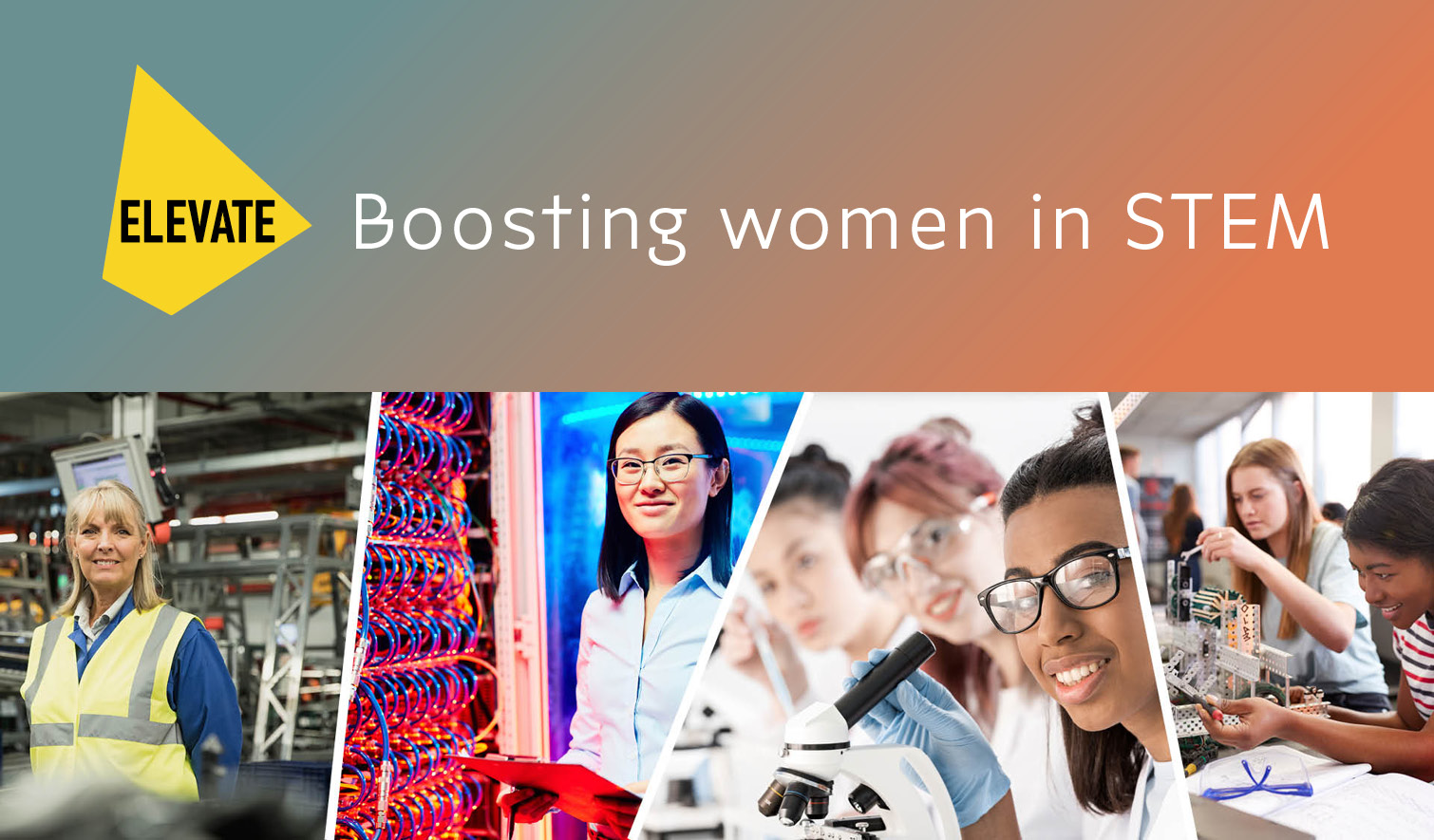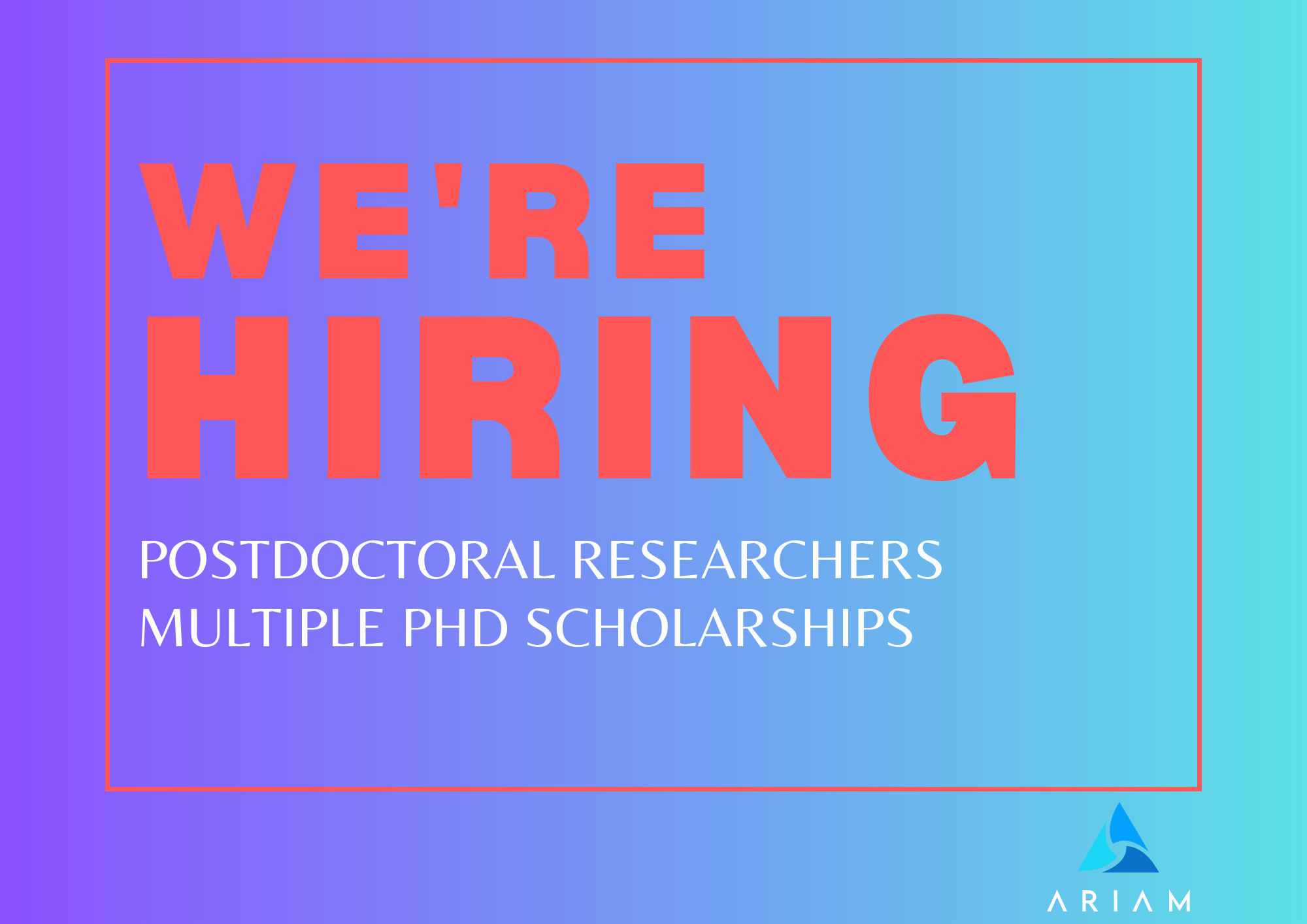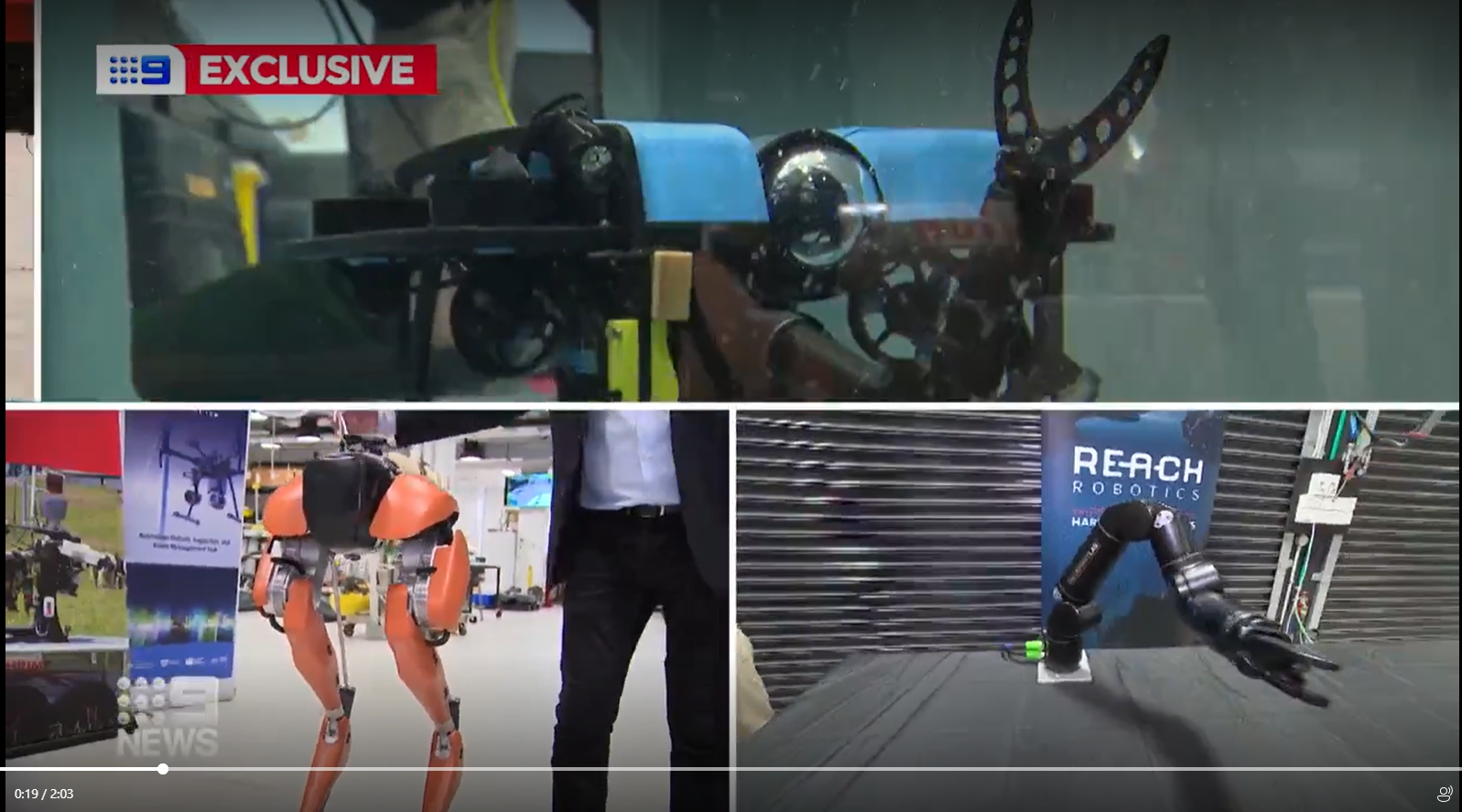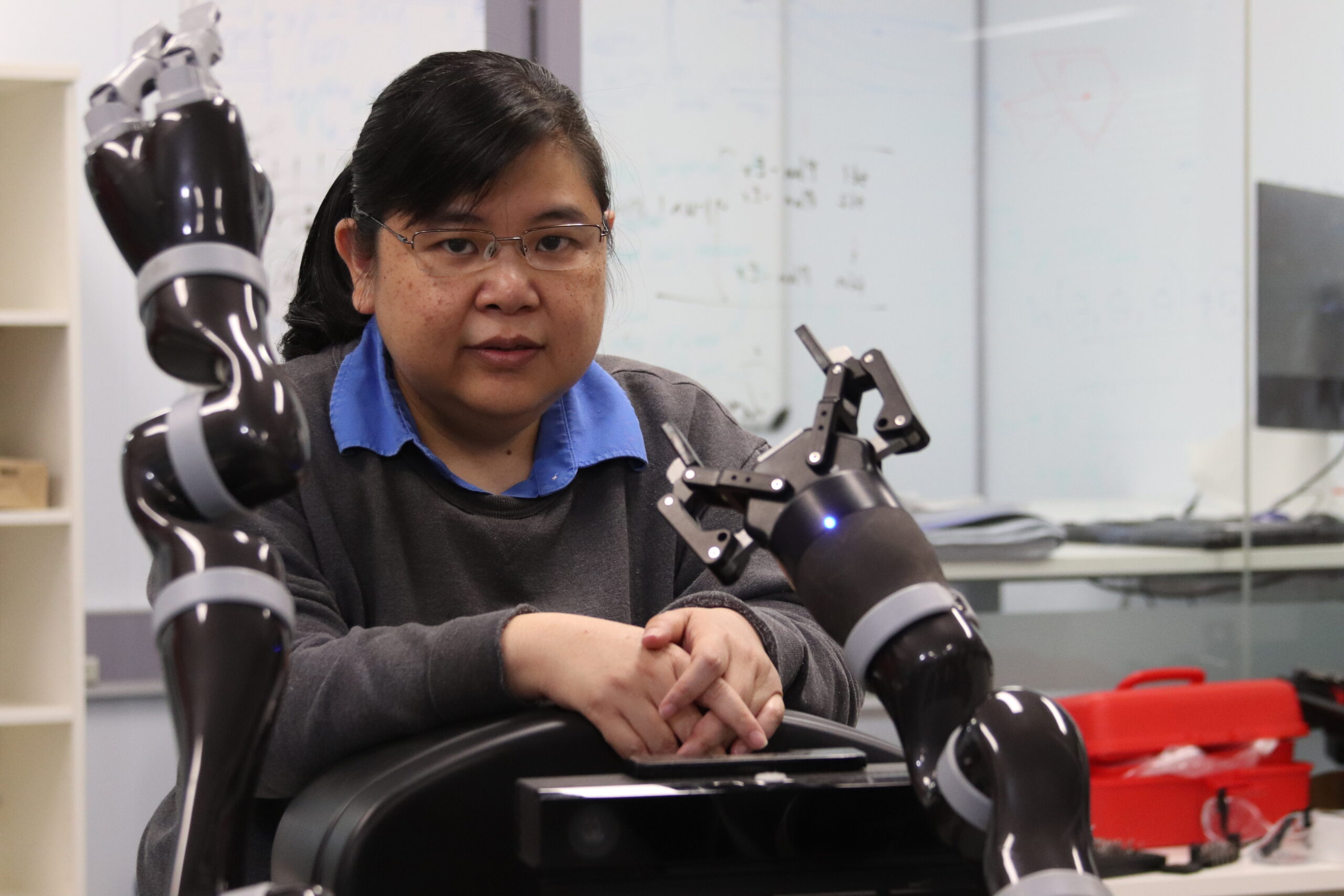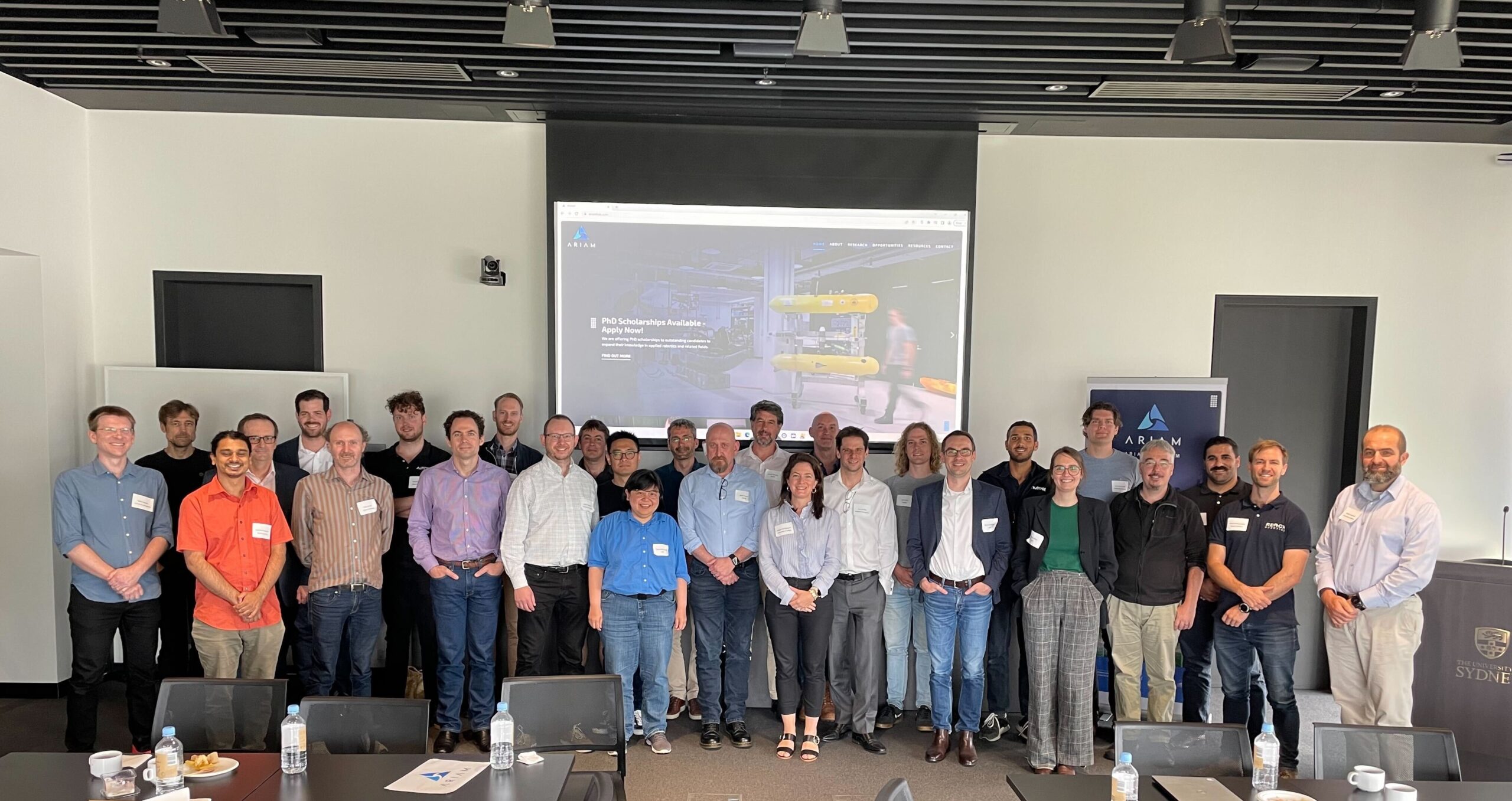![ARIAM ribbon cutting. [Credit: University of Sydney/Stefanie Zingsheim]](https://www.sydney.edu.au/dam/corporate/images/news-and-opinion/news/2023/november/ariam-ribbon-cutting.-credit-university-of-sydney-and-stefanie-zingsheim.jpg/_jcr_content/renditions/cq5dam.web.1280.1280.jpeg)
ARIAM’s work will reduce the need for people to enter dangerous or hazardous locations to maintain assets such as tunnels and underwater infrastructure. It will also help manage the looming ‘infrastructure cliff’, which will see many post-World War II infrastructure assets approach their end of life.
Its work will lead to accurate and timely data collection, enhance safety, minimise disruption during maintenance and improve the efficiency of industry.
Researchers at ARIAM are led by Professor Ian Manchester, from the School of Aerospace, Mechanical and Mechatronic Engineering, who also directs the Australian Centre for Robotics. The team plans to develop semi-autonomous and autonomous machines capable of inspecting and maintaining complex structures in challenging environments, removing the need for people to enter dangerous or hazardous locations.

“This initiative marks a significant leap forward for robotics and will change the way industry operates,” Professor Manchester said.
“With new designs we can eliminate the risk of injury associated with manned operations to inspect remote or dangerous areas, such as tunnels or underwater infrastructure, and enter previously inaccessible areas.”
Professor Stefan Williams from the Australian Centre for Robotics and School of Aerospace, Mechanical and Mechatronic Engineering, said: “Australia faces a critical situation, with many of its post-World War II infrastructure assets rapidly approaching the end of their 50 to 80-year lifespan.
“This ‘infrastructure cliff’ presents a mounting maintenance backlog and the nation’s productivity and global competitiveness depend on efficient infrastructure networks.
“Our work has applications in public sector infrastructure, including roads and utility networks, but also in renewable energy, space, mining, and land care.”
The hub’s researchers said ARIAM will work with industry partners to develop robotic systems with unprecedented capabilities. Systems including aerial, marine and legged robots will demonstrate those skills in field trails.
“We will collaborate with Australian industry to tackle critical challenges within the robotics sector, ultimately paving the way for the development, manufacturing, and successful exportation of Australian robotics and autonomous technology to a growing global market,” Professor Stefan Williams said.
ARIAM’s mission is to equip robots to autonomously collect data, creating a real-time representation of physical assets through ‘digital twins’: virtual models created with data collected by the robots. With the right sensors, robots can capture various aspects of a physical asset, such as its structural integrity, temperature, movement and other relevant symptoms. This data is integrated into the digital twin in real-time.
ARIAM’s projects have garnered interest from 15 industry partners including Thales, Reach Robotics, Abyss Solutions, and Nearmap. In one example, Nexxis is developing a spider-like robot with magnetic feet, capable of crawling around metal structures and inspecting them for damage.
“This partnership enables the next evolution of naval sustainment. With ARIAM Hub we will be able to capture decades of knowledge and create an efficient and agile environment through automation and modelling,” said Andrew Seale, Sales Director at Thales Above Water Systems.
ARIAM is an ARC Research Hub hosted by the University of Sydney in partnership with Queensland University of Technology and The Australian National University.
The hub will leverage interdisciplinary research and foster collaboration between academics and industry, advancing robotics, sensing, planning, data processing and machine learning technologies.
ARIAM launch event: The official launch of ARIAM, formally known as the ARC Research Hub in Intelligent Robotic Systems for Real-Time Asset Management, took place at the University of Sydney, on November 2 at 12pm, at the Australian Centre for Robotics in Chippendale.
Industry leaders, academics and government representatives converged for the event which included keynote speeches, industry panels and live demonstrations of cutting-edge robotic technologies.
